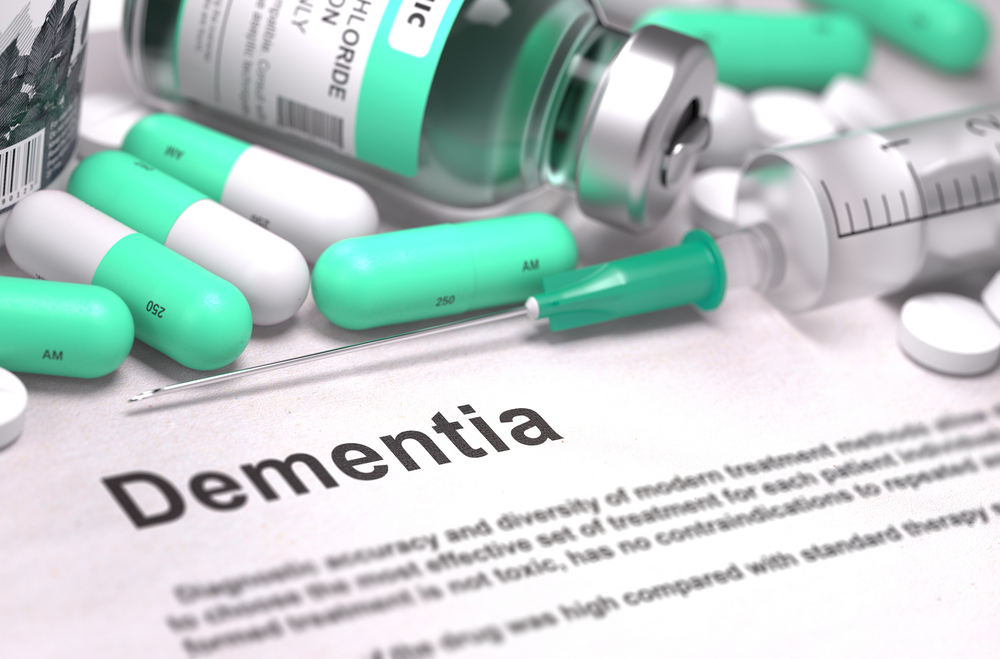Possible Acyclovir Neurotoxicity Compounding a Differential Diagnosis of Vascular Dementia with Dementia versus Frontotemporal Dementia
Donna M. Lisi, PharmD, BCPS, BCPP, PRS, Drug Information Specialist, St. Barnabas Health Care System, South Plainfield, NJ
Special thanks to Donna for donating this case which really demonstrates the clinical thought process! – If you have an interesting medication related case to donate, simply contact me on this site!
An 81 year old female with CAD, PAD, HTN, delirium, bipolar disorder, type 2 DM (diet-controlled), GERD, and a history of opiate overdose and acetaminophen overdose was admitted for worsening behavior. Her differential diagnosis for cognitive impairment included vascular dementia with depression versus Pick’s disease, a subtype of frontotemporal dementia. Among her medications included acyclovir 400 mg po three times daily. Upon inquiring further, conflicting reasons were provided by the medical and nursing staff for the indication for the use of acyclovir including that the patient was being treated for herpes zoster AND that the patient was being treated for genital herpes. Quite a different scenario! It appears that the patient had been on this drug at this dose for at least 2 months as she was transferred to us on this drug/dose. To further complicate matters, additional analysis revealed that her serum creatinine was 1.0 mg/dL, height 165.1 cm and weight 53.2 kg resulting in an estimated creatinine clearance of 37 mL/min. Acyclovir is excreted approximately 70-80% unchanged in the urine. Dosage adjustments are recommended in patients with impaired renal function.
Further, acyclovir plasma concentrations are higher is elderly, which also warrants a dose adjustment.. Among the CNS adverse events that have been reported in the elderly include somnolence, hallucinations, confusion, agitation, delirium, tremor, myoclonus, lethargy, extrapyramidal symptoms, and coma. Neurotoxicity has been reported in patients in whom high acyclovir doses were employed, patients with renal impairment who did not receive a dose adjustment, and even in patients without renal failure. Both acyclovir and its metabolites, namely 9-carboxymethoylmethylguanine, accumulate in renal impairment. Central nervous system toxicity may depend more on cerebrospinal fluid levels of acyclovir than on serum acyclovir levels.
In our patient, her estimated creatinine clearance was 37 mL/min. There are no indications which match her current dosing regimen. If she had been treated for herpes zoster or acute treatment of a genital herpes infection, therapy should have been discontinued after 10 days. If she had been receiving suppressive genital herpes therapy, the dose is incorrect even for a patient without renal impairment. Based on the dosing guidelines, for a patient with an estimated creatinine clearance of 37 mL/min, the drug should be dosed every 12 hours, not three times daily as she was receiving for suppressive therapy.
Although it is difficult to establish causality in this case because the patient’s baseline mental status prior to the initiation of acyclovir is unknown, the patient was admitted to our facility after prolonged, excessive dosing of acyclovir. Nonetheless, this case demonstrates considerations that need to be taken when evaluating altered mental status in a patient with a known psychiatric history, who is receiving a potentially neurotoxic medication. – References upon request.
If you enjoyed this case on how to think clinically about medication management problems, you need to check out the free webinar on polypharmacy, packed with real life case scenarios – Click Here to check it out!



I’m 39 and pretty healthy and I believe I experienced this after doubling the my prescribed dose of acyclovir for cold sores. I was admitted into the ER after experiencing disassociation, hallucinations, short term memory loss, altered consciousness. The episode lasted 3 hours. I’m having trouble finding similar cases.